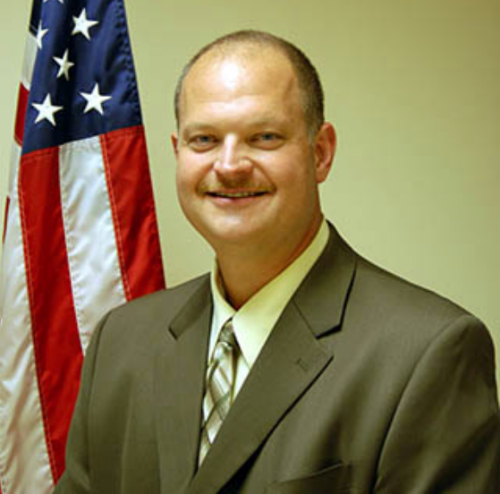Campus Safety sat down with University of Kentucky Chief of Police Joe Monroe to talk about security and event management at the NCS4 National Intercollegiate Athletics Safety and Security Summit recently.
Monroe has been UK’s police chief since 2006 and has worked in law enforcement since 1991. He also serves as a developer and trainer for the U.S. Department of Homeland Security’s Office for Domestic Preparedness training programs.
As you may have surmised from UK’s prolific athletic program, Chief Monroe has a lot of experience managing events, and under his leadership the school has done much to advance it’s police force and emergency operations, including:
- Improving department relationships with surrounding response agencies and establishing the Citizen’s Police Academy
- Increasing training and preparedness initiatives
- Outfitting police officers with mobile data terminals to improve communication and response times
- Improving officer staffing levels
Below we ask Chief Monroe some general security and event operations questions in an effort to give readers some ideas for improving security at their own venues.
Is the task of securing an event and preparing for an emergency changing from year to year?
It’s a continually evolving process because you have to look at all the different facets of methods that are being used across the world, from vehicle ramming to explosives in backpacks to active shooters. So it’s a continually evolving process, and one of the benefits of having a summit like [NSC4’s] is you’re putting peer organizations together to discuss recent issues and develop some different best practices and strategies to combat them.
How can college officials in charge of event security improve their relationship with area first responders?
When you’re dealing with a large event you’re going to have multiple jurisdictions involved in securing the venue, so once you’ve identified who those stakeholders are you want to come together and develop comprehensive plans. That way everybody has an opportunity to voice their concerns about strategies, manpower, staffing issues, etc. By developing these partnerships before something happens at an event, you’re drastically reducing those barriers oto communication.
How often should emergency management drills involving city officials take place?
Drills and exercises in general should take the form of a gradual build up. They should go from a discussion to a tabletop exercise to a larger exercise, which includes your jurisdictional partners. That way you’re exercising all of your partnerships in the event of an incident. As far as the frequency of those drills, it’s hard to put a time on it, but I think something should be held at least annually, whether it’s a tabletop or some type of full exercise.
Should county officials also be involved in tabletops or just full-scale exercises?
I think everyone that’s part of an event you’re trying to secure needs to be included in the exercises regardless of whether it’s a tabletop or full-scale.
How much have recent terrorism attacks around the world impacted the emergency management industry and how much should college security officials be paying attention to these incidents?
With the things you’re seeing oversees, from the vehicle ramming to the knife attacks, those are all things that are readily accessible to somebody here. It takes very little training, so you’re seeing it used more and more across the country.
One of the things you have to think about is how you can develop mitigation strategies to make it harder for these things to take place. Whether it’s using physical barriers or using more staffing or better screening procedures. That’s one of the things this conference helps you do, is develop those best practices and share them.
Do you have advice for officials trying to stay plugged in with these evolving best practices?
One of the best things that NCS4 has done is partner with TEEX [Texas A&M Engineering Extension Office] to offer free training through FEMA-funded programs that are specifically designed for sports and special events. And it can be everything from risk and vulnerability assessments to crowd management to emergency operations planning to developing event action plans.
As everybody attends these trainings they get on the same page, they better understand their roles and responsibilities, and it makes the event a success. So I think one of the big things is more people need to be taking advantage of the free training that’s out there.
Any other resources you recommend emergency management officials take advantage of?
Of course all of the conferences and summits, the training programs, but probably more important are the listservs where they’re able to share information amongst their peers. These sharing groups are probably where more work gets done and shared than anywhere.
Any other advice?
The biggest advice I’d give somebody is you have to identify who your partners and stakeholders are. Establish their roles and responsibilities and then bring them into the planning process early on. That way everybody can stay in their lanes so to speak.
Another thing is share information with these people. Communication is one of the first things that breaks down in the planning process. No one wants to share information. So you have to establish these things early on.













